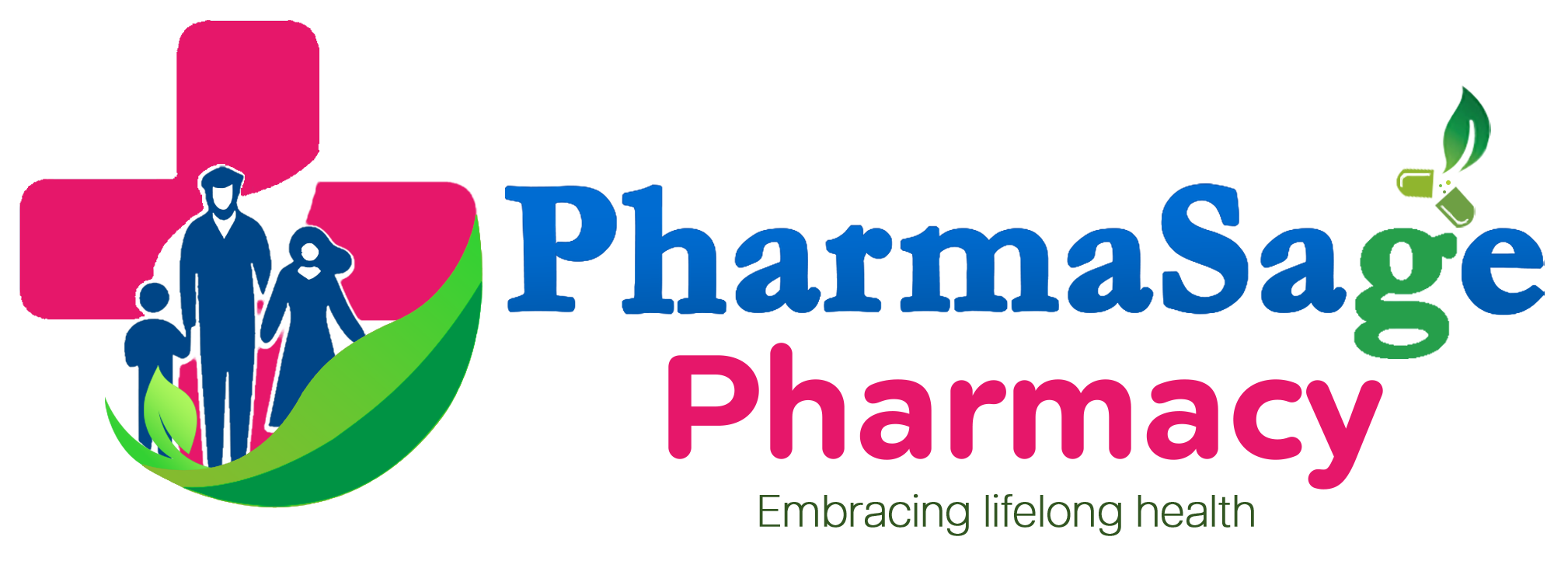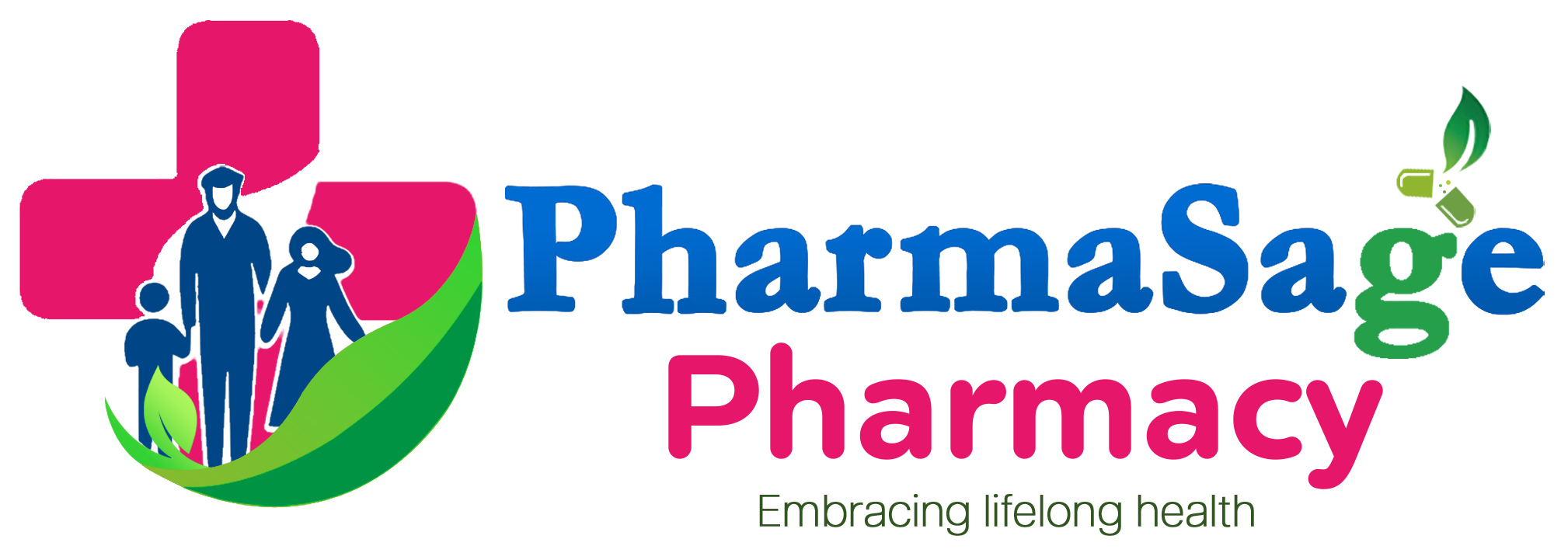Children‘s health is important to every parent. From the common cold to the flu, maintaining your child’s health requires an active approach. In this guide, we share advice on children’s health in Kenya, such as nutrition, cleanliness, and when to see a doctor.
1. Healthy Nutrition for Strong Immunity
A well-balanced diet is the secret to good health. Ensure your child eats:
- Proteins (fish, eggs, beans) for muscle growth
- Vitamins (fruits and vegetables) to boost immunity
- Calcium & Iron (milk, spinach) for strong bones and blood
- Drink enough water to keep the body hydrated and aid digestion
Avoid excessive sugary snack foods and sodas, which cause obesity and cavities.
2. Practice Good Hygiene
Personal hygiene habits avoid diseases and make children healthy. Teach your children to:
- Wash hands with soap often, especially before meals and after the bathroom
- Brush teeth twice a day to prevent cavities
- Bathe daily and wear clean clothes
A clean house also reduces the risk of respiratory illness and allergies.
3. Protect Against Common Childhood Illnesses
Kenya experiences seasonal epidemics of flu, malaria, and diarrhea. Here are what to do to protect your child:
- Prevention of Malaria: Use insect repellent and mosquito nets, and treat early if fever sets in.
- Flu and Colds: Keep the children warm, provide them with enough rest and plenty of fluids.
- Prevention of Diarrhea: Offer clean boiled water and proper food hygiene.
In case your child is experiencing persistent symptoms like high fever, dehydration, or has breathing difficulties, consult a competent doctor immediately.
4. Provide Timely Vaccination
They are saved from fatal diseases like polio, pneumonia, and measles by immunizations. Follow the Kenyan immunization schedule and notify your doctor or pharmacist if you have any question.
5. Encourage Exercise
Children need at least 60 minutes of exercise per day. Encourage their outdoor play, limit screen use, and involve them in activities that they enjoy, for instance, cycling or swimming, for them to gain fitness and improve their mental status.
6. When to Visit a Pharmacy or Doctor
If your child has mild health problems like:
- A low-grade fever
- Small bruises or cuts
- Coughs or colds with no serious symptoms
You may visit a good pharmacy around you or Visit us in Kitengela for over-the-counter drugs and expert advice. But for severe conditions like high fever, severe dehydration, or constant vomiting, visit a doctor immediately.
Final Thoughts
Keeping your child in good health is a mix of proper nourishment, cleanliness, vaccination, and proper exercise. Be proactive about preventing epidemic diseases, and always refer to professional medical assistance when the need arises.
For expert advice and medication, visit Pharmasage Pharmacy in Kitengela—helping you keep your child healthy, every day.
“Healthy habits today mean happier, healthier kids every day.”
Pharmasage Pharmacy


